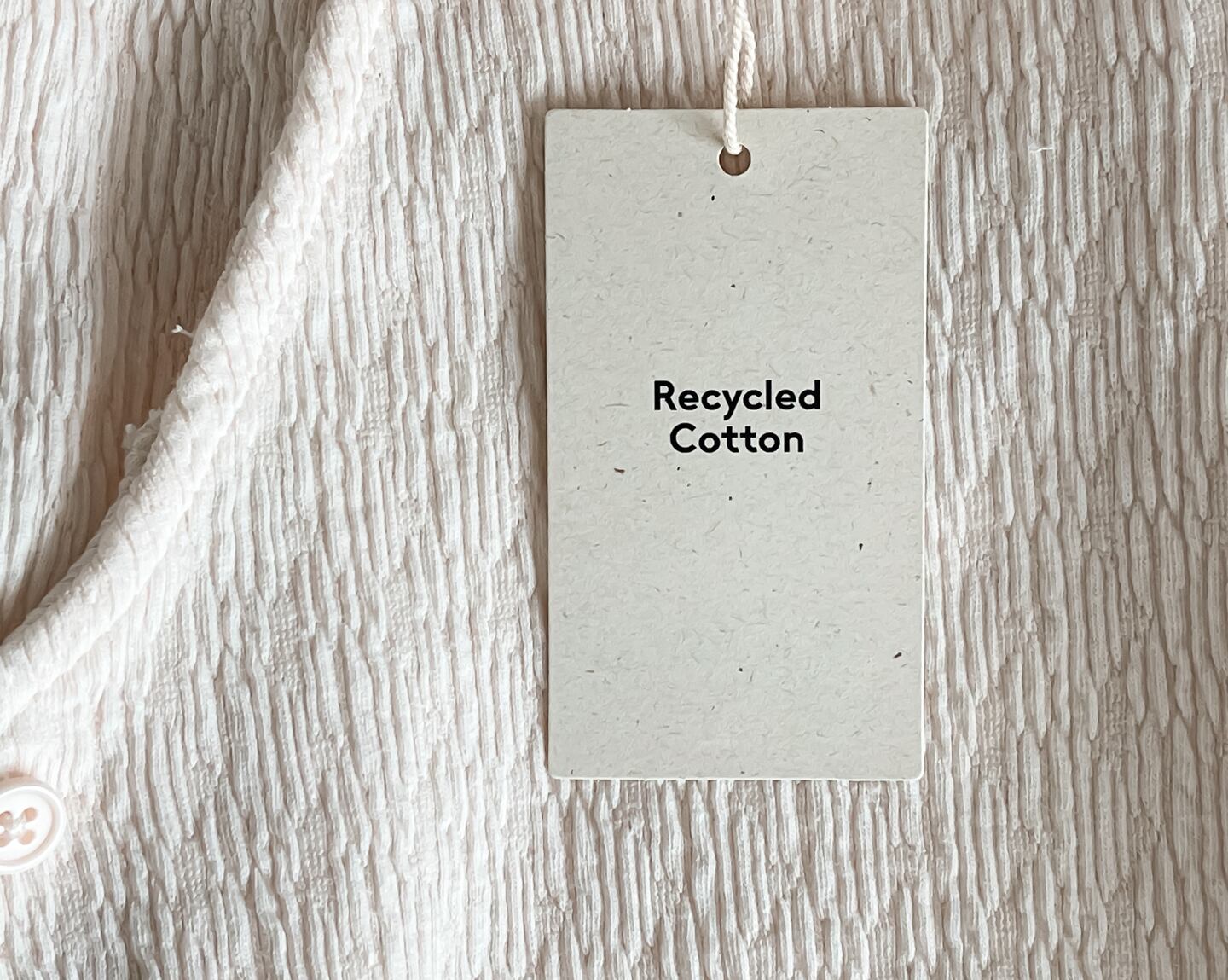
The Business of Fashion
Agenda-setting intelligence, analysis and advice for the global fashion community.

Agenda-setting intelligence, analysis and advice for the global fashion community.

Fashion brands are sourcing more recycled polyester, certified cotton and deforestation-free viscose than ever, but emissions from the industry’s raw material supply chain have bounced back from pandemic lows.
The sector’s greenhouse gas footprint rose to 13.7 million tonnes of carbon dioxide equivalent in 2021, up 5 percent year-on-year, though still down from pre-pandemic levels, according to Textile Exchange’s annual Material Change Index report.
The trend points to a key underlying conflict between big brands’ climate ambitions and their growth-focused business models. While “preferred” materials (defined as having a lesser environmental impact than conventional options) made up nearly 60 percent of brands’ material use in 2021, the benefits of this shift were offset by overall volume growth, the report found.
The assessment was based on a survey of 424 brands, retailers, manufacturers and suppliers, representing roughly a third of the global fashion industry’s annual turnover.Recycled materials made up 14 percent of the assessed companies’ material mix in 2021, up 2 percent from a year earlier. Other kinds of preferred materials grew from 38 percent to 42 percent of the overall mix, the report found.
ADVERTISEMENT
”The results offer promising evidence that companies are thinking, strategising and buildingcapacity around more sustainable sourcing,” Textile Exchange said in a press release. “However, change is not happening fast enough, nor systemically enough.”
Going forward, the organisation is planning to update its assessment to gather more data on the impact of changes to the industry’s material mix.
Learn more:
Fashion’s Sustainable Materials Strategy Needs a Glow-Up
The fashion industry is upping its use of lower-impact raw materials, but more radical action is needed to really transform supply chains.
The fashion industry continues to advance voluntary and unlikely solutions to its plastic problem. Only higher prices will flip the script, writes Kenneth P. Pucker.
The outerwear company is set to start selling wetsuits made in part by harvesting materials from old ones.
Companies like Hermès, Kering and LVMH say they have spent millions to ensure they are sourcing crocodile and snakeskin leathers responsibly. But critics say incidents like the recent smuggling conviction of designer Nancy Gonzalez show loopholes persist despite tightening controls.
Europe’s Parliament has signed off rules that will make brands more accountable for what happens in their supply chains, ban products made with forced labour and set new environmental standards for the design and disposal of products.